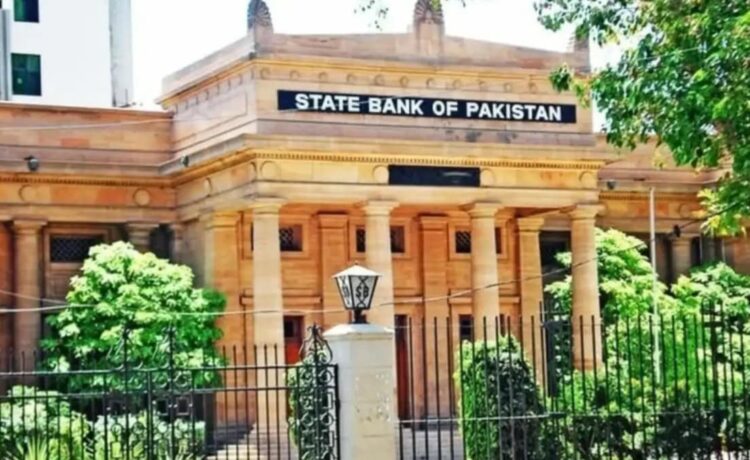Pakistan has officially started working on a Central Bank Digital Currency (CBDC), marking its entry into the global digital finance movement that is redefining how money is stored and exchanged. The State Bank of Pakistan (SBP) confirmed that the project is underway and could eventually serve as a digital alternative to physical cash.
The Central Bank Digital Currency would hold the same legal status as banknotes but exist only in digital form. Globally, countries are pushing forward with similar projects. China leads with its Digital Yuan, Nigeria has introduced the eNaira, and the Bahamas rolled out the Sand Dollar. India is testing the Digital Rupee, while the European Union prepares for a Digital Euro. The United States, meanwhile, is still in the research stage.
In Pakistan, where cash dominates everyday transactions, the central bank believes CBDC could ease dependence on physical currency while widening financial access in both cities and rural areas. Officials say it could streamline government subsidies and pensions by sending payments directly to citizens’ digital wallets. In addition, greater traceability could help curb corruption and money laundering.
For the average person, the Central Bank Digital Currency would function like a mobile wallet, allowing them to pay bills, shop, or transfer money through their phones. Still, several challenges must be addressed before adoption. These include weak internet infrastructure, uneven access to digital technology, and the need to build public trust in digital transactions. Cybersecurity is also a major concern, as the system would require strong safeguards against potential attacks.
According to the Ministry of Finance, the project is currently in the research stage and will progress through study, prototype, and pilot phases before any official launch. Finance Minister Muhammad Aurangzeb said the initiative has reached the proof-of-concept phase. Once completed, the State Bank will decide whether to move forward with broader development.
He further noted that digital transfers could prove especially valuable in remote regions with limited connectivity, allowing excluded populations to join both financial and digital systems. The State Bank has also assured that no launch will take place until a secure and reliable framework is fully established.





